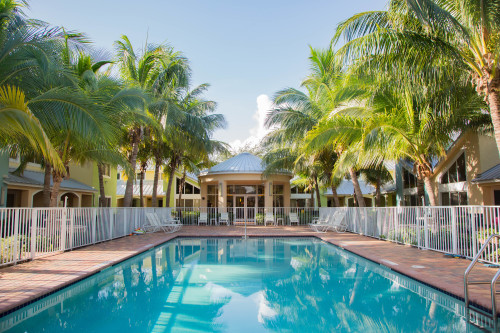
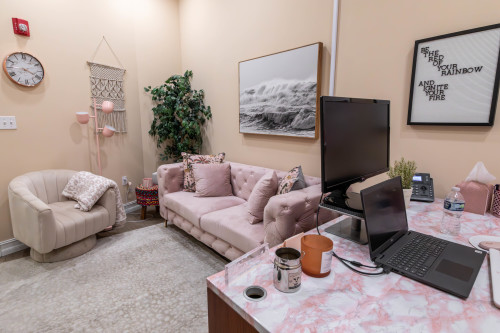
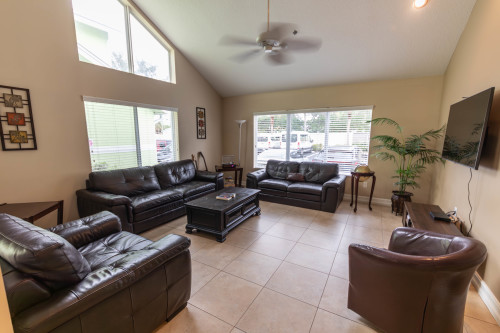



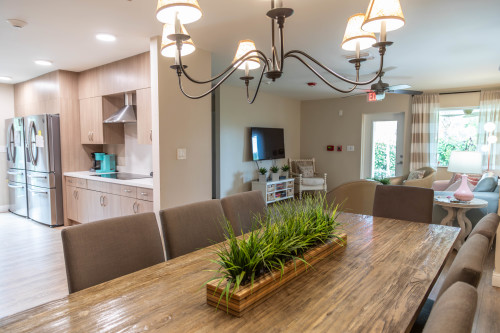
Lifeskills Behavioral Health
Verified Center
This provider's information has been quality-checked by Recovery.com's Research Team for accuracy and completeness, including center verification through appropriate third-party organizations.
Treatment Focus
This center treats substance use disorders and mental health conditions. You'll receive individualized care catered to your unique situation and diagnosis, learn practical skills for recovery, and make new connections in a restorative environment.
Primary Level of Care
Offering intensive care with 24/7 monitoring, residential treatment is typically 30 days and can cover multiple levels of care. Length can range from 14 to 90 days typically.
Treatment Focus
This center treats substance use disorders and mental health conditions. You'll receive individualized care catered to your unique situation and diagnosis, learn practical skills for recovery, and make new connections in a restorative environment.
Primary Level of Care
Offering intensive care with 24/7 monitoring, residential treatment is typically 30 days and can cover multiple levels of care. Length can range from 14 to 90 days typically.
Provider's Policy
Lifeskills is a private-pay facility that can work with out-of-network benefits. The cost of treatment depends on the length of stay and the level of care. As insurance plans vary, most clients will use a combination of private pay and insurance benefits to cover their costs. Prior to treatment, we help each client determine the out-of-pocket costs needed to cover the anticipated length of stay and help them determine their out-of-network benefits. We are proud to support our nation’s veterans as a community care network provider (NPI: 1891122396).
Lifeskills Behavioral Health
Lifeskills Behavioral Health
About Lifeskills Behavioral Health
Lifeskills Behavioral Health has dual licensure to treat addiction and primary mental health disorders. Their residential facilities in Fort Lauderdale and Deerfield Beach provide furnished townhomes with 24/7 professional staffing. Lifeskills treats substance use disorders, process addictions, mental health conditions, and dual diagnoses. Their evidence-based treatments fall into 6 clinical pathways, with medical evaluations, diagnoses, and treatment progression determining which primary and secondary paths clients take to recover.
Personalized, Evidence-Based Treatment
Lifeskills Behavioral Health uses a variety of evidence-based therapies to help clients recover from addictions and mental health conditions, each led by clinicians with specialized credentials and experience. These therapies include cognitive behavioral therapy (CBT), dialectical behavioral therapy and radically open dialectical behavioral therapy (DBT, RO-DBT), cognitive processing therapy (CPT), cognitive remediation therapy (CRT), eye movement desensitization and reprocessing (EMDR), rational emotive behavioral therapy (REBT), seeking safety, and exposure and ritual prevention therapy (ExRP). Clients have their own primary therapist and family therapist throughout treatment.
Comprehensive And Clinically Excellent Care
Lifeskills Behavioral Health offers treatment for mental health conditions like borderline personality disorder (BPD), anxiety disorders, depressive disorders, bipolar disorder, obsessive compulsive disorder (OCD), trauma/PTSD, schizophrenia, schizoaffective disorders, psychosis, other thought disorders, and dual diagnoses. Their 6 clinical pathways meet each client in their stage of treatment, unique life situation, and diagnosis. These include a DBT path, CBT path, addiction path, CRT path, trauma path, and a complementary metabolic fitness path. Lifeskills Behavioral Health’s clinicians assign and change treatment pathways based on each client’s needs, diagnosis, and progress throughout treatment.
A Robust Recovery Experience
Clients at Lifeskills Behavioral Health receive tailored clinical treatment and adjunct treatments. Lifeskills provides yoga, culinary classes, meditation groups, transportation to any community events and off-site treatment, art and music therapy, and gym outings. They’re Psych Armor Veteran Ready Certified. They also cater their services to veterans and Jewish clients, with specialized services meeting their unique needs. On site, Lifeskills provides shared bedrooms, community living areas, and a swimming pool.

Highlights from the Center
Highlights
These highlights are provided by and paid for by the center.
Licensed for Both Addiction & Mental Health
CARF Accredited
Certified Professionals
30+ Years in Business
Center Overview
Treatment Focus
This center treats substance use disorders and mental health conditions. You'll receive individualized care catered to your unique situation and diagnosis, learn practical skills for recovery, and make new connections in a restorative environment.
CARF Accredited
CARF stands for the Commission on Accreditation of Rehabilitation Facilities. It's an independent, non-profit organization that provides accreditation services for a variety of healthcare services. To be accredited means that the program meets their standards for quality, effectiveness, and person-centered care.

Insurance Accepted
Cash Pay Rates
Estimated Cash Pay Rate
Center pricing can vary based on program and length of stay. Contact the center for more information. Recovery.com strives for price transparency so you can make an informed decision.
Luxury rehab centers offer a unique blend of luxurious amenities and high-quality treatment. From private suites to gourmet dining, personal trainers to spa treatments, these facilities provide a high level of comfort and discretion.

Meet Your Care Team
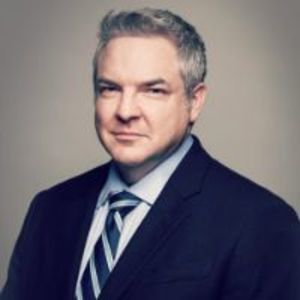
Daniel Bober
Medical Director
DO
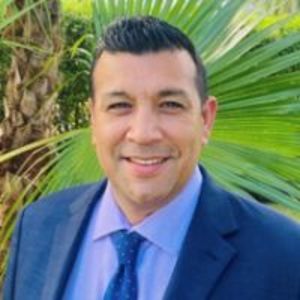
Sergio Muriel
Chief Operating Officer
LMHC, CAP

David Ockman
Director of Clinical Services
PsyD, CAP

Tara Alhadeff
Associate Clinical Director
LMHC, CAI, DBT-Intensively Trained

Sheryl Gross
Associate Director of Family Services
LMHC

Jackie Pavone
Director of Nursing
RN
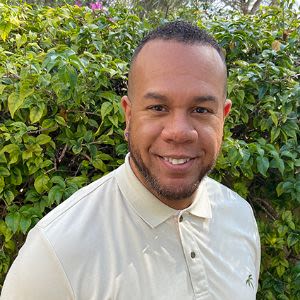
Jamel Lewis
Associate Director of Nursing
RN, BSN
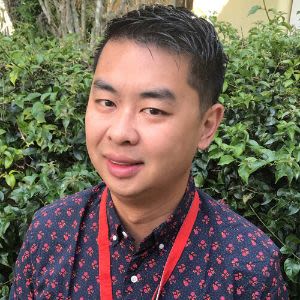
Arthur Chen
Primary Therapist
PsyD, CCTP-II
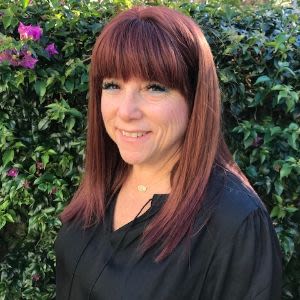
Sandra Bernstein
Primary Therapist
LCSW, REBT-Trained, DBT-Intensively Trained
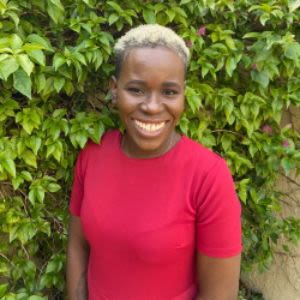
Marie Valsaint
Primary Therapist
PsyD
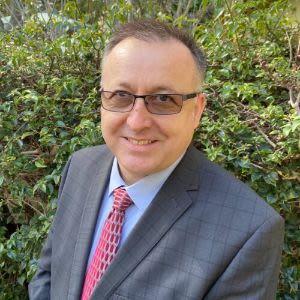
Florin Coltea
Primary Therapist
PhD, LMHC, CAP, NCC
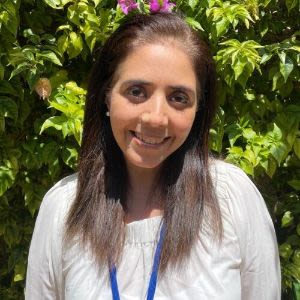
Mirella Ezeta
Primary Therapist
PsyD
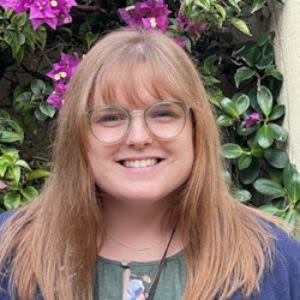
Kaleigh Dietz
Admissions Counselor
MEd, CRC
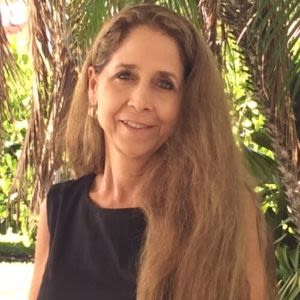
Karen Gauci
Nutritionist
MPH, RD, LD
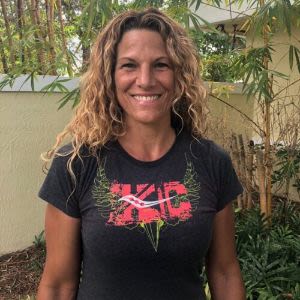
Heather Wright
Personal Trainer
ISSA
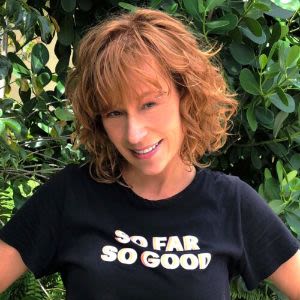
Buffy Rouse
Yoga Instructor
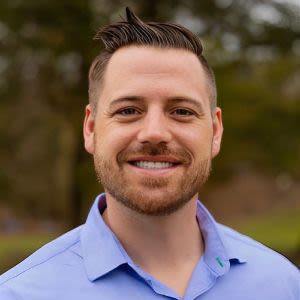
Stefan Glamp
Alumni Relations Manager
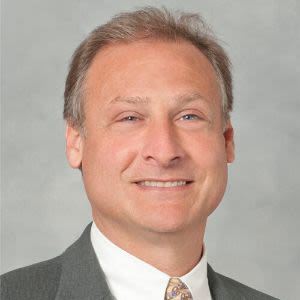
Klay Weaver
Chief Executive Officer
LCSW




Levels of Care






Your Care Options
Specializations
Personality Disorders
Personality disorders destabilize the way a person thinks, feels, and behaves. If untreated, they can undermine relationships and lead to severe distress.
Anxiety
Anxiety is a common mental health condition that can include excessive worry, panic attacks, physical tension, and increased blood pressure.
Bipolar
This mental health condition is characterized by extreme mood swings between depression, mania, and remission.
Co-Occurring Disorders
A person with multiple mental health diagnoses, such as addiction and depression, has co-occurring disorders also called dual diagnosis.
Depression
Symptoms of depression may include fatigue, a sense of numbness, and loss of interest in activities. This condition can range from mild to severe.
Holistic
A non-medicinal, wellness-focused approach that aims to align the mind, body, and spirit for deep and lasting healing.
Post Traumatic Stress Disorder
PTSD is a long-term mental health issue caused by a disturbing event or events. Symptoms include anxiety, dissociation, flashbacks, and intrusive thoughts.
Who We Treat
LGBTQ+
Addiction and mental illnesses in the LGBTQ+ community must be treated with an affirming, safe, and relevant approach, which many centers provide.
Men and Women
Men and women attend treatment for addiction in a co-ed setting, going to therapy groups together to share experiences, struggles, and successes.
Approaches
Evidence-Based
A combination of scientifically rooted therapies and treatments make up evidence-based care, defined by their measured and proven results.
Individual Treatment
Individual care meets the needs of each patient, using personalized treatment to provide them the most relevant care and greatest chance of success.
Medical
Medical addiction treatment uses approved medications to manage withdrawals and cravings, and to treat contributing mental health conditions.
Therapies
1-on-1 Counseling
Patient and therapist meet 1-on-1 to work through difficult emotions and behavioral challenges in a personal, private setting.
Rational Emotive Behavior Therapy
A type of cognitive therapy that identifies negative self-defeating thoughts and behaviors, rewriting beliefs to be positive, empowering, and present.
Eye Movement Therapy (EMDR)
Lateral, guided eye movements help reduce the emotional reactions of retelling and reprocessing trauma, allowing intense feelings to dissipate.
Family Therapy
Family therapy addresses group dynamics within a family system, with a focus on improving communication and interrupting unhealthy relationship patterns.
Motivational Interviewing and Enhancement Therapy (MET)
This approach is based on idea that motivation to change comes from within. Providers use a conversational framework that may help you commit to recovery.
Psychoeducation
This method combines treatment with education, teaching patients about different paths toward recovery. This empowers them to make more effective decisions.
Seeking Safety
Not looking to the past, patients improve their present circumstances. They work toward safety without detailing traumatic events.
Twelve Step Facilitation
12-Step groups offer a framework for addiction recovery. Members commit to a higher power, recognize their issues, and support each other in the healing process.
Conditions We Treat
Schizophrenia
Schizophrenia is a serious mental health condition that causes hallucinations, delusions, and disordered thinking.
Personality Disorders
Personality disorders destabilize the way a person thinks, feels, and behaves. If untreated, they can undermine relationships and lead to severe distress.
Anxiety
Anxiety is a common mental health condition that can include excessive worry, panic attacks, physical tension, and increased blood pressure.
Bipolar
This mental health condition is characterized by extreme mood swings between depression, mania, and remission.
Depression
Symptoms of depression may include fatigue, a sense of numbness, and loss of interest in activities. This condition can range from mild to severe.
Obsessive Compulsive Disorder (OCD)
OCD is characterized by intrusive and distressing thoughts that drive repetitive behaviors. This pattern disrupts daily life and relationships.
Post Traumatic Stress Disorder
PTSD is a long-term mental health issue caused by a disturbing event or events. Symptoms include anxiety, dissociation, flashbacks, and intrusive thoughts.
Self-Harm
The act of intentionally harming oneself, also called self-injury, is associated with mental health issues like depression.
Suicidality
With suicidality, a person fantasizes about suicide, or makes a plan to carry it out. This is a serious mental health symptom.
Substances We Treat
Alcohol
Using alcohol as a coping mechanism, or drinking excessively throughout the week, signals an alcohol use disorder.
Co-Occurring Disorders
A person with multiple mental health diagnoses, such as addiction and depression, has co-occurring disorders also called dual diagnosis.
Drug Addiction
Drug addiction is the excessive and repetitive use of substances, despite harmful consequences to a person's life, health, and relationships.
Languages
Aftercare
Care Designed for Your Needs
Personal Amenities
Amenities
Activities
Off-Site Activities
Off-Site Amenities

What people are saying
Treatment
5.0
Accommodations
5.0
Food & Nutrition
4.9
Value
4.9
Kathryn McKnight
Treatment in 2007 • (90 days) • Reviewed 05/03/23
Former Client
•Interventionist
•Riverview. Florida, USA
Jakob
Reviewed 08/02/23
Referring Professional
•Outreach Director
RO
Reviewed 11/27/18
Review from Rehabs.com
Lori
Reviewed 05/24/19
Review from Rehabs.com
MA
Reviewed 05/14/19
Review from Rehabs.com





